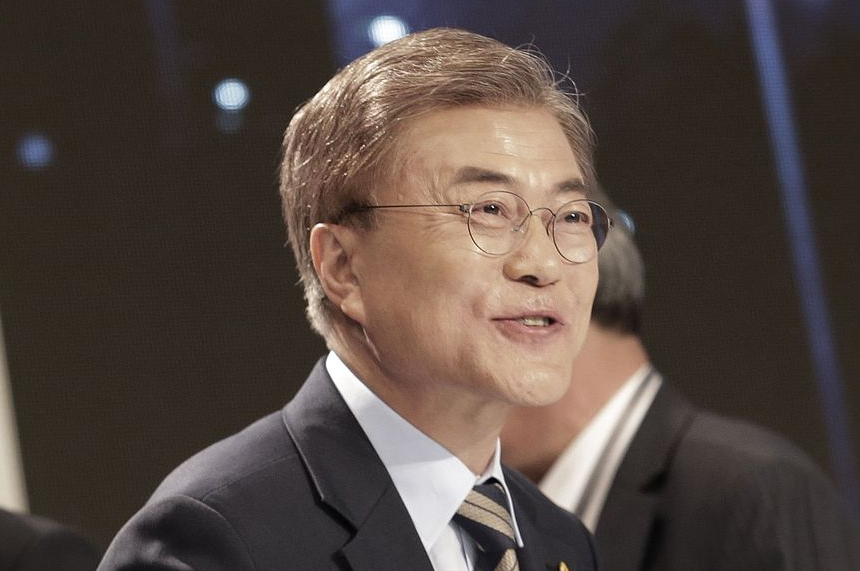

After a torrid six months of scandal and presidential impeachment, South Koreans will hope for a fresh start when they choose their next president on Tuesday.
Barring a calamity, pollsters and analysts agree that Moon Jae-in from the centre-left Minjoo Party will emerge victorious.
In contrast to his hawkish predecessor, Mr Moon advocates a more conciliatory approach to North Korea, advocating reengagement rather than open hostility. While he has wavered on the deployment of the US-backed THAAD anti-ballistic missile system, Moon is unlikely to back away from the long-standing policy, particularly given sections are already operational. Despite this, the new president will be far less pro-US than Park, a conservative, opening the door for increased cooperation China.
Domestically, Moon plans to increase government spending—allocating some $3.6 billion to create an additional 370,000 public sector jobs, mostly targeted at the elderly who struggle to make ends meet due to a weak pension system.
Reforming corporate laws to weaken family-run conglomerates, known as chaebols (think Samsung, Hyundai and LG), is also on Moon’s agenda. Samsung alone is estimated to comprise some 15% of the South Korean economy, leading to substantial income inequality. Chaebols were also implicated in President Park’s dramatic demise, making them an easy mark.
There will be little laurel-resting for Tuesday’s victory—the new president is due to assume duties on Wednesday.
Simon is the founder of Foreign Brief who served as managing director from 2015 to 2021. A lawyer by training, Simon has worked as an analyst and adviser in the private sector and government. Simon’s desire to help clients understand global developments in a contextualised way underpinned the establishment of Foreign Brief. This aspiration remains the organisation’s driving principle.

